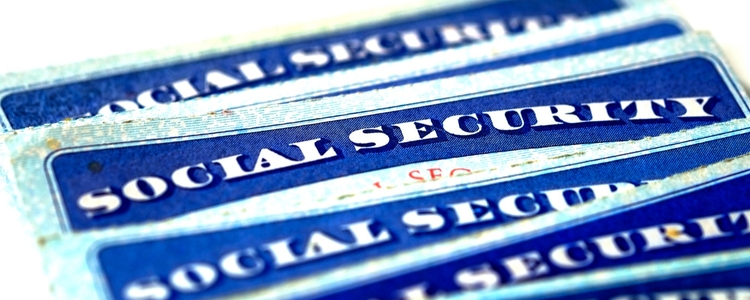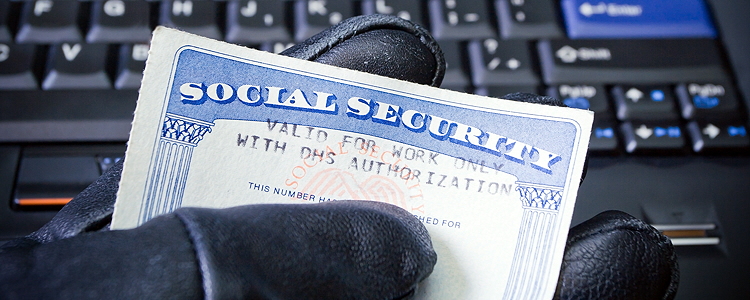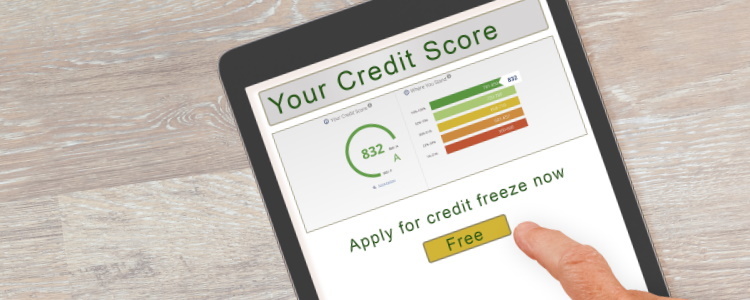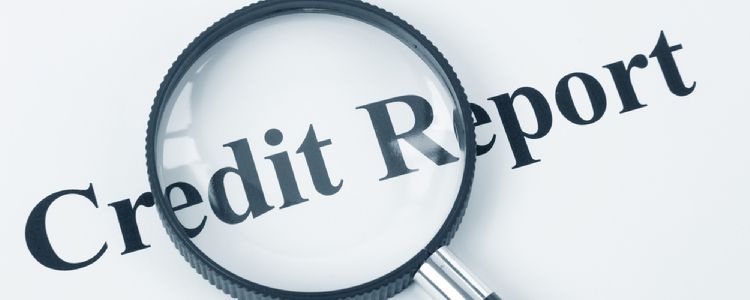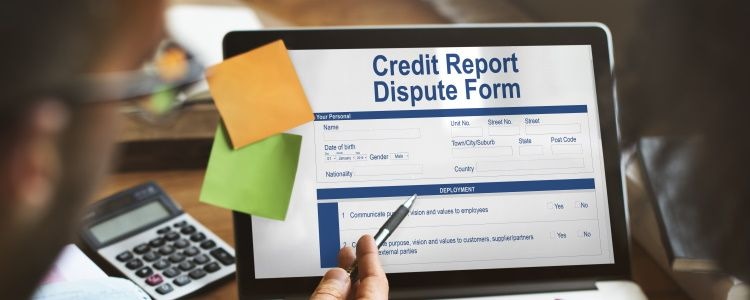2.9 Billion SSN Records Stolen
As reported by USA Today, a class-action lawsuit filed in Florida states that the hacking group USDoD is claiming responsibility and alleging they had stolen personal records for 2.9 billion people.
The hacking group claims to be selling those records – which comprise 277.1 gigabytes of data and include names, address histories, relatives, and Social Security numbers dating back at least three decades – for $3.5 Million on the dark web.
The initial hack and subsequent sale listing of the information happened in April of this year, and since then other hackers have distributed copies of the stolen material.
Was Your Identity Stolen?
To check if your identity was stolen you should monitor your credit reports, and ensure there is no suspicious activity. You can also use a service like Experian to do a dark web scan and see if any of your information is found where it shouldn't be.
If you find that your information and/or identity has been compromised it makes it increasingly difficult to get approved for financing while a fraud case is pending. The impacts of identity theft on a loan application can be immediate – it may halt your ability to get a loan altogether.
Not only that, but the aftermath of a credit fraud or identity theft case can be messy – it can leave you with damaged credit. Luckily though, you're not typically responsible for charges, or for much of a charge, once they're deemed fraudulent. Many credit cards have fraud protection, and even debit cards typically limit your financial liability to around $50.
The damage to your credit score that can result from fraudulent charges can be a hard pill to swallow, though, and typically it takes time, as much as 30 days, for them to investigate your fraud.
You will have a lower credit score as a result of fraud, especially if you don't catch it right away. This impacts you by only allowing you to qualify for higher interest rates.
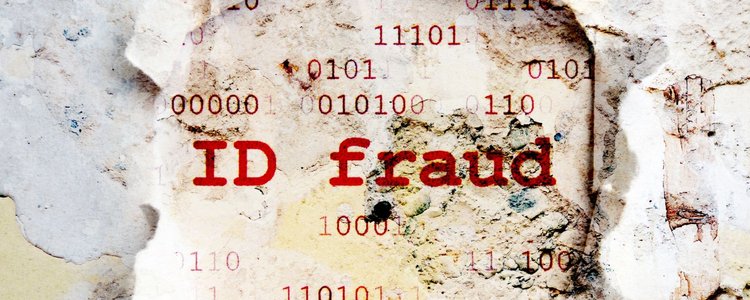
So, what do you do if you find yourself with a stolen identity?
Well, according to the experts at the Consumer Financial Protection Bureau, or CFPB, there are several steps you can take if you're a victim of identity theft.
The first thing you can and should do is freeze your credit and file a report to the government at IdentityTheft.gov.
If you suspect that your identity has been stolen, it's up to you to monitor your credit and take the initial steps to take control of the situation. You can contact any of the three national credit bureaus – Experian, Equifax, or TransUnion – to file a fraud alert and freeze your credit.
This will flag any attempt at new credit activity and prompt creditors to take additional steps to verify your identity. If you provide a phone number to the credit bureau, the creditor will have to call you to verify your identity or take reasonable measures to make sure you are the person filing for a new line of credit.
You only have to do this once, once a fraud alert is active, the credit bureau you informed will contact the others.
Steps to Take If Your Identity Is Stolen
IdentityTheft.gov is your go-to source for information if you've been the victim of identity theft. Here is a list of steps you can take once you've visited the website to report your theft.
- Call the company from which the fraud occurred
- Place a fraud alert on your credit reports
- Report your identity theft to the FTC
- File a report with your local police department
- Close any new accounts that appear in your name, that you did not open
- Remove any false charges from your accounts
- Fix your credit report
- Consider freezing your credit
- Report a misused Social Security Number
- Stop debt collections on accounts you did not open
- Replace your government-issued photo IDs
You can take extra steps to protect yourself by reporting the fraud if you're in the middle of getting a loan yourself when your identity is stolen. Then, take your information from the credit bureau fraud filing to your lender, along with extra identification to ensure the lender knows you're the correct person.
Take Precautions Against Identity Theft
Walking back identity theft issues can be a challenge, but there are things you can do to ensure that your identity stays safe, even if fraudsters have stolen your records.
- Don't give out your personal information to anyone you don't personally know
- Change your passwords occasionally, and use strong phrases that aren't easily guessed or easily linked to you, be sure to use a combination of numbers, letters, and special characters.
- Monitor your credit reports. You can do this yourself, or use a service such as LifeLock.
- Be careful online by avoiding public wi-fi, and use a VPN when possible or two-factor authentication to secure your traffic and hide online activity.
The best time to stop fraud is before it starts, so take all the steps you can to ensure your data is safe.
